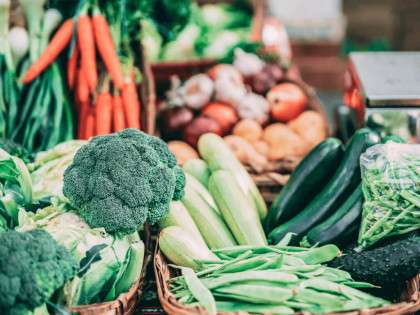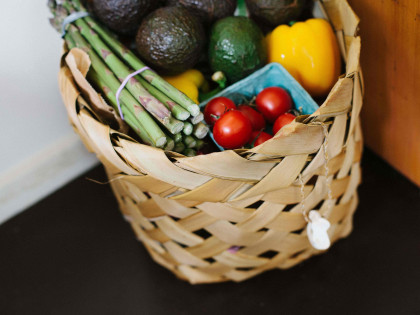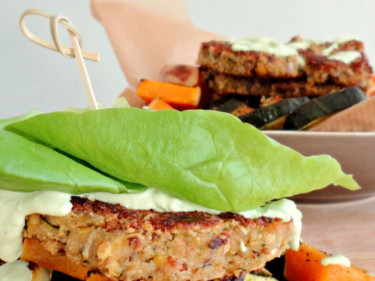Evidence has shown that micronutrients (vitamins and minerals) are essential to fight infections. Vitamins A, B, C, D, and E, and the minerals selenium, iron and zinc have been found to be particularly beneficial to optimising immune function.
Micronutrient | Function | Food Sources |
Vitamin A | Vitamin A is an essential building block for the cells in our skin, respiratory tract, and digestive tract. The cells in these parts of the body acts as the first line of defence against infections from bacteria and viruses. Vitamin A is also important for the production of antibodies that target specific pathogens. | Egg yolks, salmon, tuna, cheese, nuts, tofu, seeds, whole grain carbohydrates, lentils. Beta-carotene found in vegetables, can be converted to Vitamin A in the body. Good sources include yellow/orange vegetables like carrots, pumpkin and sweet potato, and green leafy vegetables like spinach. Egg yolks, cheese, tofu, nuts, seeds, wholegrain and legumes. |
Vitamin B | Vitamin B actually refers to a group of vitamins. B vitamins, particularly B6, B9 and B12 are important for immune function as they increase the production of ‘natural killer’ cells during an infection, and trigger infected cells to die. | B6: cereals, chicken, fish, meat, fruits, nuts, green leafy vegetables B9: added to flour for commercial baked goods such as bread, green leafy vegetables, nuts and seeds. B12: Animal products such as meat, chicken, fish, dairy and eggs. Plant based options include nutritional yeast and fortified products such as plant milks. |
Vitamin C & E | Vitamins C and E are phytonutrients that have an antioxidant function. This means they can 'mop up' damaging compounds called ‘free radicals’ which cause oxidative stress during periods of infection and damage the cells. Vitamin C is also important for skin integrity, and the production of highly specialised immune cells called neutrophils, lymphocytes, and phagocytes to further fight infection. | Vitamin C: citrus fruits like oranges, lemons, limes, grapefruit. Kiwi fruits, broccoli, potatoes, tomatoes, capsicum. Vitamin E: nuts, green leafy vegetables, vegetable oils |
Vitamin D | Vitamin D is essential for immune cells, with studies showing that it can protect against acute respiratory infections and help destroy disease causing pathogens. | Sunlight exposure. Take care to follow regional recommendations to stay sun safe. Eggs, tuna, salmon, mushrooms, fortified foods such as some milks and margarine. |
Iron | Iron helps to destroy pathogens by increasing the amounts of free radicals. This helps the immune process in killing pathogens. Iron also has a role in enzyme reactions which help immune cells recognise and target pathogens. | Haem (animal) iron sources: red meat, chicken, fish Non-haem (plant) iron sources: legumes, wholegrains, and fortified cereals. Uptake is improved with Vitamin C |
Zinc | Zinc is essential to maintain the strength of the skin and mucus membranes. This is important as part of the first line of defence against pathogens. It also contributes to antioxidant processes. | Oysters and seafood, meat, chicken, nuts, dried beans. |
Selenium | Selenium is an important component of proteins and acts as an antioxidant. | Brazil nuts, mushrooms, meat, cereals. |
Information obtained from '5 ways nutrition could help your immune system fight off coronavirus'. Available from: https://theconversation.com/5-...
So, its great to know which nutrients help to support a healthy immune system, but how should you incorporate this into a day of eating? Click here for a sample day meal plan to increase your intake of these foods - or take the Healthy Eating Quiz to see how you can improve your diet.













